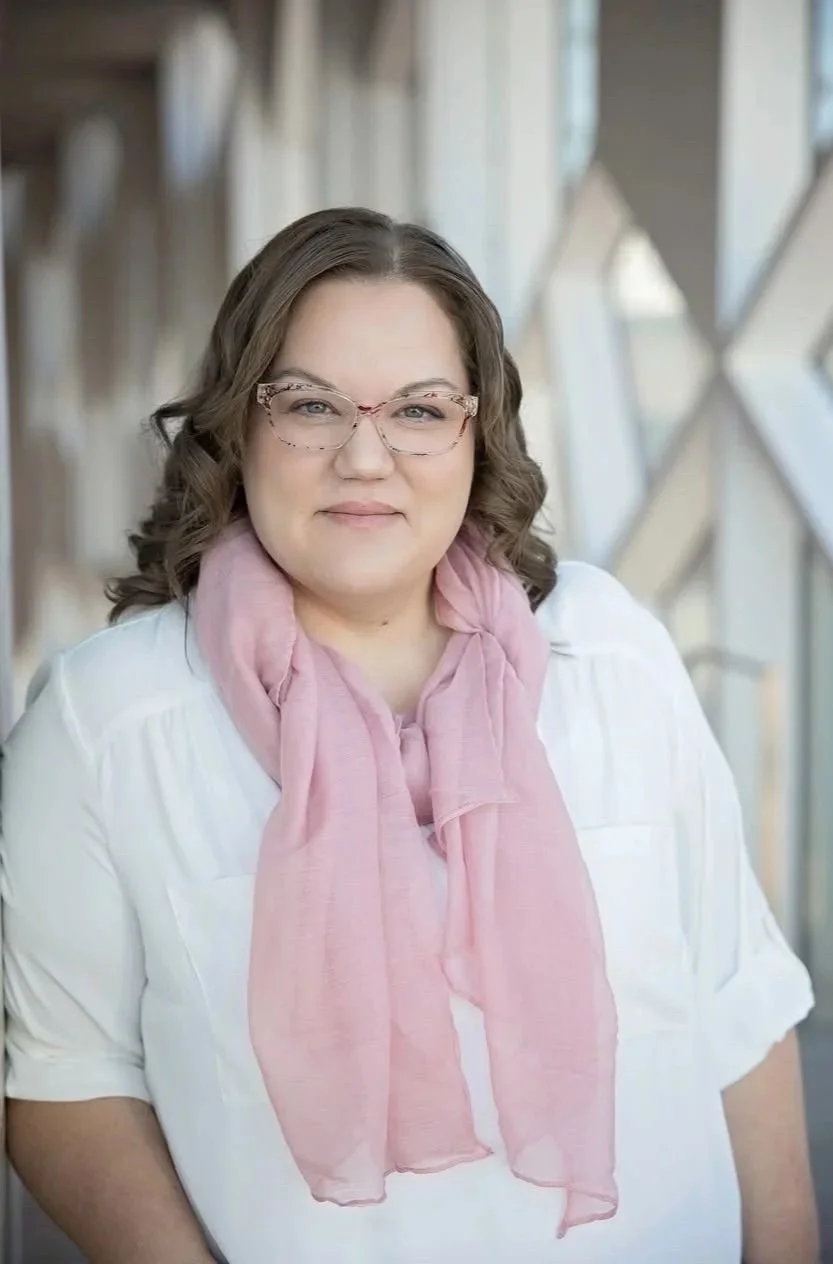
Calgary Obsessive-Compulsive Disorder (OCD) Therapy
ocd counselling
Therapy for OCD
Maybe you've checked the door lock five times, but still can't shake the worry that something bad is going to happen. Maybe intrusive thoughts and distressing images loop endlessly in your mind, no matter how hard you try to push them away. If you’re struggling with OCD, you know firsthand that it can make even simple tasks feel impossible. At Shelly Qualtieri & Associates, our OCD specialists offer compassionate, evidence-based support to help you break these cycles and feel more in control of your everyday life.
Meet our Calgary OCD specialist
Kim Noll
Kim's approach to OCD therapy is deeply personalized, recognizing that each individual's experience is unique. She combines trauma-informed care with practical CBT techniques, helping you challenge your obsessive thoughts and gradually reduce compulsions without overwhelming yourself in the process.
Credentials: Registered Provisional Psychologist
Clientele: Teens, adults, couples
Location: Suite 300, 4503 Brisebois Dr NW, Calgary, AB T2L 2G3
Virtual therapy: Yes
Common symptoms of OCD
Intrusive, unwanted thoughts that cause significant distress
Repetitive behaviours or mental rituals performed to reduce anxiety
Excessive checking, cleaning, counting, or arranging
Fear of contamination or harm to yourself or others
Need for symmetry, order, or "just right" feelings
Avoidance of situations that trigger obsessive thoughts
Significant time spent on compulsive behaviours
Interference with work, relationships, or daily functioning
How can OCD therapy help me?
Break free from intrusive thoughts
Learn proven techniques to challenge and redirect those unwanted thoughts that seem to hijack your mind throughout the day.
Handle uncertainty with confidence
Build your tolerance for life's unknowns and that uncomfortable "not quite right" feeling that drives so many OCD behaviours.
Reclaim your daily life
Get back to enjoying simple activities—leaving the house, cooking, working—without lengthy rituals or constant mental checking taking over.
Build your personal recovery toolkit
Create a customised set of coping strategies and techniques that work specifically for your unique OCD patterns and triggers.
Reduce compulsive behaviours
Develop practical strategies to gradually decrease repetitive actions without being controlled by overwhelming anxiety or fear of something bad happening.
Strengthen your relationships
Address how OCD symptoms impact your connections with family, friends, and colleagues, rebuilding trust and reducing accommodation patterns.
Overcome shame and self-criticism
Replace harsh self-judgment with self-compassion, understanding that OCD symptoms don't define your worth or character.
FAQs about OCD treatment
-
Our approach combines evidence-based therapies like Cognitive Behavioural Therapy (CBT) with trauma-informed care. We focus on practical, manageable strategies tailored to your unique needs, helping you understand the root causes of your OCD while building resilience. Our goal is to empower you with tools that foster healing and long-term recovery in a safe, supportive environment.
-
Every person's journey is different, but many clients begin noticing improvements within the first few sessions as they begin to learn how to respond differently to intrusive thoughts. Meaningful change typically develops over several months of consistent work, though your progress depends on factors like symptom severity, commitment to the process, and individual circumstances.
-
We’ll start with a comprehensive assessment to understand your unique OCD patterns. From here, we'll develop personalised strategies, practice new coping skills, and gradually work toward reducing compulsive behaviours. Sessions are collaborative, supportive, and designed to meet you where you are.
-
We offer a complimentary consultation to help you determine if our approach aligns with your needs. Our trauma-informed, client-centred approach focuses on practical tools and empowerment. If you value personalised care, evidence-based treatment, and a solution-focused approach, we may be a good fit.
-
Simply book a free consultation to discuss your situation, learn more about our approach, and ask any questions you might have. From there, we can schedule your first full session and begin developing your personalised treatment plan so you can reach your goals.



